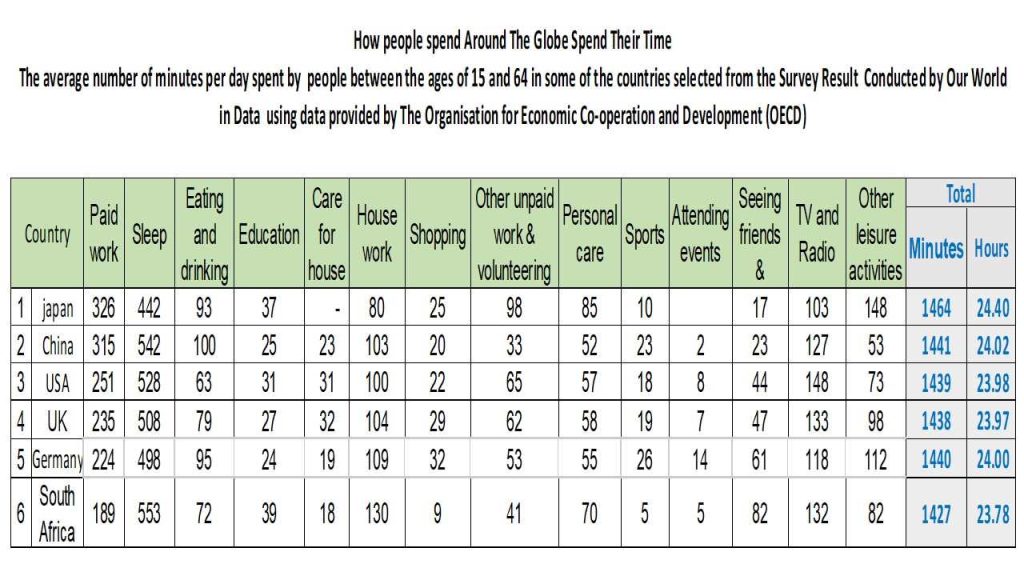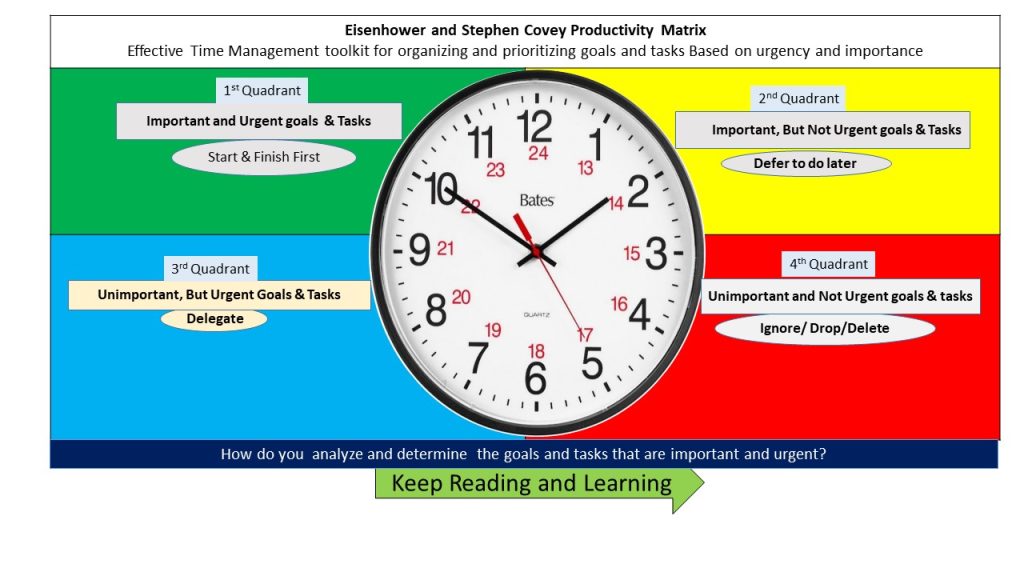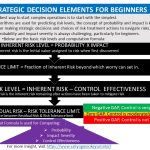The en.wikipedia.org and many other sources on the world wide web describe a “resource” as a physical or non-physical asset that is available and accessible to an entity for use to achieve specific goals and objectives. The resource may be renewable or non-renewable and could be manmade or natural. Being non-renewable means that the resource quantity used cannot be replaced quickly with ease and speed of usage.
From personal and organizational perspectives, resources include all assets that an individual or organization depends on to function well, enhance credibility, integrity and worth if properly and effectively utilized in all circumstances. Some examples of these assets are Time, Money, People, Data, Documents, Information and goodwill.
The focus of this write up is Time as a critical resource for the individuals and organizations.
Time is a critical resource that is meant to be used for working, relaxation and resting. Work is done to earn livelihood while relaxation and resting are important to help the individual get refreshed and build high energy level for the next day’s work. Failure to utilize one’s time productively and get sufficient rest and relaxation spells doom for the individual and ultimately the organization in the long term. The appropriate use of time for working, relaxation and resting requires good time management skills which fundamentally is subject to the individual’s sense of value or perception about Time and Life.
It is important to note that Time Management is not about managing people, projects or other resources. It is strictly about managing one’s own time and ensuring that the individual productively applies oneself in the use of the time by being focused on investing quality time on the things that truly matter and requiring the personal involvement of the individual to handle in order to accomplish specific goals and objectives within a specified timeline. The goals and objectives may be personal or business related.
The key questions to you are:
- How do you perceive Time?
- Are you a good or bad time manager?
- Where, what, when and how do you spend your time?
- When last did you do an objective self-audit of how you use your time and the returns on investment?
The quote by Harvey MacKay” Time is free, but it’s priceless. You can’t own it, but you can use it. You can’t keep it, but you can spend it. Once you’ve lost it you can never get it back” and also the quote by William Penn “Time is what we want most, but what we use worst” re-emphasize the following:
- the facts about Time as an essential resource,
- the limited and non-renewable nature of Time and
- the global problem with the use of Time
Again the Veteran Nigerian musician, Mike Okri in the song “Time na money” and the lines ” Make you use your time well, no wakawaka, no gossip-gossip,” in the lyrics further validates the assertions that good time management requires the folowing:
- being diligent and intentional in the productive use of time daily as well as
- applying creativity and innovation in engaging in the activities that help the individual in preserving, creating and adding value to oneself, surroundings and workplace at all time
What The Global Surveys Said About How People Use Their Time.
The global survey on Use of Time by “Our World in Data” based on the data provided by The Organization for Economic Co-operation and Development (OECD) showed how people’s perception or sense of value about Time drive and shape what, where and how they spend their time. The survey identified 57 different areas people of ages between 15 and 64 spend their time across many countries including USA, UK, China, India and Portugal. The survey further revealed that most people enjoy using their time for leisure such as seeing friends and families, attending to hobbies and concerts. However, because they understand the need to use their time well by doing things that will help them live purposeful life, they ensured that they allocate time to engage in paid work, schooling and house chores. Presented below are samples of the actual data analysis and results of the global survey.

Are you worried about your time management skills and want leading practices toolkits to help you improve your time management skills?


